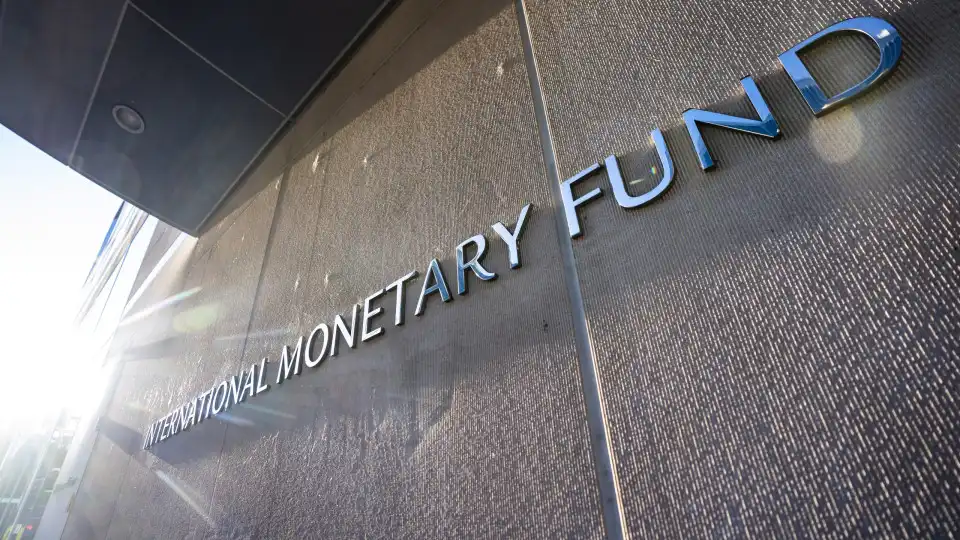IMF warns of debt and vulnerability of banks in Guinea-Bissau
The International Monetary Fund (IMF) has warned countries in the West African Economic and Monetary Union (WAEMU) of the vulnerability of their banking systems to sovereign defaults, singling out Guinea-Bissau as having the riskiest debt.

© Lusa

Economia Guiné-Bissau
"The regional banking system is significantly vulnerable to sovereign defaults, which is particularly relevant in the event of a default by the region's largest country", Côte d'Ivoire, reads an IMF analysis on the resilience of banks in the West African Economic and Monetary Union (WAEMU).
"Nearly 50 banks, out of the 100 analyzed in this scenario, would not have sufficient capital buffers to withstand a default by Côte d'Ivoire on its short-term debt in the WAEMU financial market", reads the report signed by economist Knarik Ayvazyan.
The report points out that, in the case of Guinea-Bissau, the number of banks without capital to withstand a financial default would be six, compared to 16 in Niger, 13 in Mali and Burkina Faso, and nine in Benin.
The debt profile of Guinea-Bissau, the only Portuguese-speaking country in this group of eight countries that share the same currency and have their economies integrated, is the riskiest, according to the Debt Sustainability Analysis (DSA), which is conducted jointly by the World Bank and the IMF to assess a country's ability to meet its financial commitments.
"The overall risk of debt sustainability is high in Guinea-Bissau, while other member countries in the region face an average risk", writes economist Knarik Ayvazyan, noting that Benin, Côte d'Ivoire and Senegal "generally have access to international financial markets".
A recent agreement signed with Russia that could lead Guinea Bissau to significantly reduce its debt, not officially disclosed but reported by the Russian agency TASS, is not mentioned in the report, which analyzes the risks to the region's banks if one of the countries defaulted on its short-term domestic debt by 2022, the year to which the report's data refer, although they were only published today on the IMF website.
Guinea-Bissau's debt, according to the IMF's latest analysis, made last week, is 80.2% of Gross Domestic Product (GDP), above the sub-Saharan African average of around 60%.
As the country does not have a rating (risk analysis) assigned by credit rating agencies, it is unlikely to be able to issue debt in the financial markets, relying on external aid and bilateral financing.
"Implementing a successful fiscal consolidation strategy is essential to reduce vulnerabilities and bring down the high levels of public debt", said the Fund's deputy director, Bo Li, in the statement announcing the approval of the fourth and fifth reviews of the financial adjustment program underway in the country.
Despite the high levels of debt to GDP, Guinea-Bissau may be able to significantly reduce the amounts through agreements signed with the Russian authorities, reported in March.
According to the Russian news agency TASS, Guinea-Bissau will be able to write off almost 26.7 million dollars, about 24.5 million euros, in debt to Russia if it invests in areas that improve access to vital resources, strengthen the health and education system, and ensure the provision of socially important goods.
The mechanism stipulates that, on January 31 of each year, the Ministry of Finance of Guinea-Bissau will inform the Russian authorities of the amount of investments made, and only then will these be deducted from the debt.
Read Also: UN welcomes IMF decision to unlock 80 billion for poor countries (Portuguese version)

Descarregue a nossa App gratuita.
Oitavo ano consecutivo Escolha do Consumidor para Imprensa Online e eleito o produto do ano 2024.
* Estudo da e Netsonda, nov. e dez. 2023 produtodoano- pt.com





